Table of Contents
Many gardeners may regard the dandelion as a pesky weed. But dandelions are one of the most versatile and healthiest of vegetables! Dandelion flowers, leaves, and roots have long been used as folk medicines.
Discover more of this traditional wisdom and what modern science is only now revealing. We also give tips on how to use dandelion, information on allergies, and any contraindications.
Join us as we explore this delightfully unassuming plant.
Dandelion facts from the root up
There are hundreds of different dandelion species. The most common one is called Taraxacum officinale (1). Most studies are based on this species, but others are cultivated as decorative plants. The latter has larger leaves than wild varieties (2, 3).
Here is what a wild dandelion looks like (2, 4)
Leaf: The leaves are shaped like a lance or spatula, about 5 to 40 cm long. The young green leaves are a little hairy. As they age, they become more deeply toothed and lobed with a unique bitter and earthy flavor.
Stem: The stem is short and has a purple tint at the bottom. It can have anywhere from 1 to 10 branches, and they grow upright.
Root: A dandelion root can grow as deep as 15 feet or over 4 meters! They’re dark brown and fleshy with a bitter taste. Interestingly, a tiny piece of root can regrow into a whole new plant!
Flower: The dandelion flowers are bright yellow. Each plant has around 5 to 10 flowers, which turn into fluffy seed balls within days of blooming.
You can often find the dandelion plant in warm temperate zones of the Northern Hemisphere (2). They are common in roadsides, fields, meadows, and lawns (5).
Antioxidants galore
Among vegetables, dandelion leaves are one of the richest sources of the antioxidant β-carotene or pro-vitamin A. This, and other antioxidants, can protect your cells from damage caused by free radicals and aging.
The antioxidants in dandelion root and leaves can also help with the following:
- Inflammation: Some potent antioxidants in the dandelion root can help to reduce inflammation, thus limiting pain and swelling (6).
- Skin damage: Dandelion flowers and leaves can shield skin cells from damage and aging caused by UVB radiation from sunlight (7).
- Cancer: Some antioxidants can help prevent cancer. Laboratory studies have shown dandelion extract kills cancer cells without harmful side effects (3).
Despite these promising findings, more clinical research is needed to further quantify the health impact of these antioxidants.
Dandelion roots vs. dandelion leaves
You may be wondering about the difference between dandelion roots and leaves. They taste somewhat different, with distinct properties, and medical uses vary a little.
The leaves have a slightly bitter and salty taste, perfect in salads and other foods. Meanwhile, dandelion root has an earthy taste with a hint of sweetness. It makes a unique beverage alternative to coffee or tea.
Both the leaves and roots have a soothing effect. The root is commonly used for detoxifying the liver and stomach. The leaves are used more as a diuretic for kidney problems. Interestingly, both parts share similar or complementing properties (8).
If you want to pick the leaves for eating dandelion greens, the best time is early spring when they are tender from growing fast. As for the roots, you can dig them up anytime.
Dandelion leaf nutrition
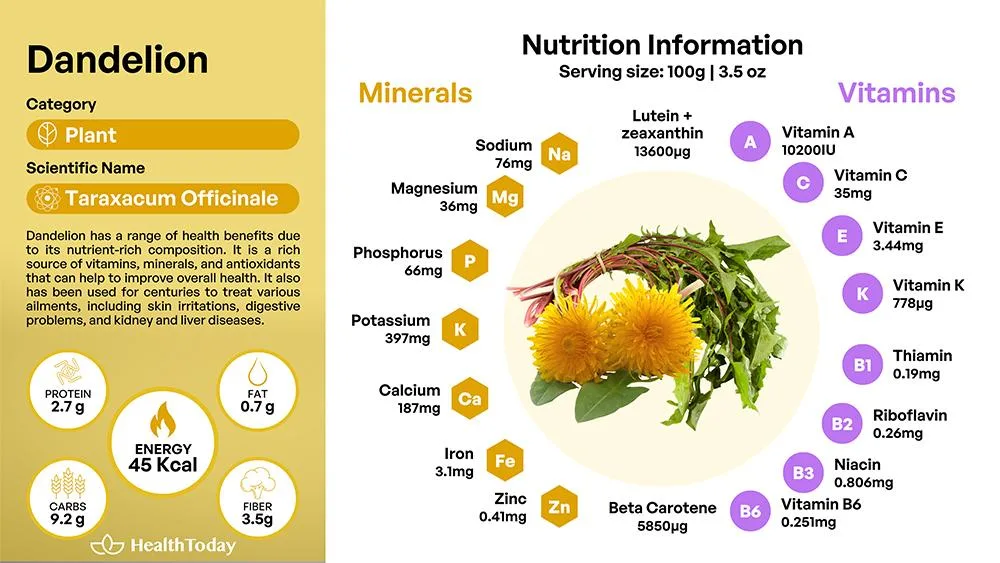
Dandelions are packed with vitamins and minerals. Just 100 grams of dandelion greens provide you with (9):
- Vitamin A (56% of the daily value or DV) supports vision and helps to maintain reproductive health (10).
- Vitamin C (39% DV) is a powerful antioxidant for developing and repairing body tissues (11).
- Vitamin K (649% DV) is essential for blood clotting, healing wounds, and strengthening muscles (12).
- Iron (17% DV) is vital for healthy blood cells and may help treat anemia or the lack of red blood cells (13).
- Calcium (14% DV) is necessary for strong bones, muscles, and teeth (14).
- Magnesium (9% DV) supports the nervous system and helps regulate blood pressure (15).
- Potassium (8% DV) aids in regulating fluid and blood flow. It also supports nerve, muscle, and kidney function (16).
Surprising health benefits of dandelion
The health benefits of dandelion root and leaves may be more than most people suspect.
For over 2000 years, people have used them in traditional Chinese medicine and folklore (17). The plant has been used to treat all sorts of health problems. These range from liver, kidney, and spleen issues to even stomach problems like heartburn (8).
To date, modern science agrees that the dandelion is an amazing medicinal plant as well as a food source. So, what does the research reveal exactly?
May promote liver health
In the 10th and 11th centuries, doctors in Arabia used dandelion root and leaves to treat liver problems (8).
To date, dandelion tea made from leaves has been proven to improve bile flow, so the liver works better. Bile helps your liver remove toxins and flushes out waste products from your body (3, 8).
Also, recent studies have shown that dandelion roots and leaves may help combat fatty liver by lowering bad and raising good cholesterol levels (18, 19).
Furthermore, dandelion extract may help soothe liver damage due to its antioxidants like vitamin C and luteolin. Still, further full human trials are needed to confirm its potential impact (20, 21).
May support healthy digestion
Dandelions have been traditionally used to aid digestion. Folk medicine also uses them to address stomach and intestinal inflammation and loss of appetite (8).
Besides, dandelion root is a good source of inulin, a soluble fiber that can help relieve constipation. Inulin may support the good-for-you gut bacteria, which is important for overall gut health (22).
In addition, one study found that dandelion may make the stomach contract more to digest food (23).
Experts suggest that the plant, in general, is good for digestion, but there isn’t enough clinical trial evidence yet to confirm this.
May aid in weight loss
By supporting healthy digestion, dandelion can be a helpful partner for weight loss. Its fiber and resistant starch content can make you feel full, causing you to eat less.
Some studies suggest that plant extracts can speed up your metabolism and reduce fat absorption, which could also lead to weight loss. However, more in-depth studies are needed to confirm this theory (6, 24).
Drinking dandelion tea to lose weight is a good alternative to caffeinated drinks. It has fewer calories and virtually no side effects.
May fight kidney disease
In North American indigenous medicine, people use the leaves to treat kidney disease by making infusions and decoctions (8).
The leaves are a good source of potassium, an important nutrient that can improve kidney function by acting as a diuretic (17). It also helps the body retain calcium, reducing the risk of calcium stones in the urine (16).
Also, a clinical trial has found that leaf extract contains up to nine diuretic compounds, which is promising (17).
Although these findings are positive, we still need further in-depth studies to determine the effect of dandelion leaves on human kidneys.
May improve blood pressure
In traditional medicine, dandelion leaves are believed to help lower blood pressure by getting rid of extra bodily fluids.
Science has also shown that the leaves, rich in potassium, can reduce tension in blood vessel walls and help flush out fluids. This can further help to lower blood pressure (16).
Another study showed how the extract can improve low white blood cell and blood platelet counts and lower high blood sugar and protein levels (25). However, there is a further need for clinical investigations to confirm these effects on blood pressure.
May help manage blood sugar
Dandelions have chicoric and chlorogenic acids in all their parts (5, 6). These acids can stop enzymes from breaking down complex carbs into simple sugars that can enter your bloodstream (6, 8).
Also, the extract may stimulate your pancreas to secrete more insulin, a blood sugar regulator. This process can help lower blood sugar levels (26).
Researchers found that dandelion root may help balance blood sugar levels. However, more data are needed to confirm this effect with greater certainty (6).
May supercharge immune health
Having a strong immune system helps your body fight infections and stay healthy. The impressive antibacterial and antiviral properties of both the root and leaves may strengthen your immune system (8, 27, 28).
In addition, dandelion root extract also looks promising as a remedy for liver and kidney inflammation (4, 29, 30).
Dandelions can be pretty good for you, and their leaves and roots are packed with nutrients and antioxidants. The plant can aid digestion, support immune health, and help regulate blood pressure and blood sugar. While some studies have shown positive outcomes, more research is needed on how dandelion roots and leaves impact human health.
Dandelion’s uses in daily life
Drinking dandelion root tea or leaf tea is the most popular method of consumption. Springtime is the perfect season, and those with a sharp eye know how to spot a gifted horse when they see one.
For centuries, savvy eaters have savored every part of this plant as a tasty treat. You can eat them in just about any way imaginable:
- Greens: Use the young leaves and blossoms to flavor salads, soups, pesto, and sandwiches. To reduce bitterness, you can also cook or sauté them (31).
- Flowers: Have you ever tried sunshine in a jar? Pick some flowers and ferment them into wine or infuse them into vinegar.
- Roots: You can roast roots from 2-year-old plants and then make a drink similar to coffee. Or, simply peel, boil, and eat them as you would a carrot.
Dandelion extract is also used to enhance the flavor of various food products. Some examples are candy, frozen dairy desserts, baked goods, gelatins, and cheese.
Remember to pick the young leaves, as older ones are more bitter. It’s best to pick them up in the morning when they’re fresh and use them right away. Also, you can store the leaves in the fridge for a few days.
Picking dandelions safely
Some might worry about the safety of dandelions since many people view them as wildflowers or pesky weeds. These fears are not completely unfounded.
A study on the heavy metal content and other chemical pollutants showed that most dandelions are safe. However, the same study found samples with 95 pathogenic bacteria, 14 pathogenic fungi, and one protozoan parasite (32).
So, be cautious if you’re collecting them in populated areas with high fuel emissions and dust or where people walk pets. Commercially grown ones may also be exposed to chemical fertilizers or herbicides.
To stay safe, the study suggests washing all parts of the plant thoroughly before chowing down. If you’re still worried, you can cook them or make an infusion to reduce the risk of infection.
Dandelion and prescription drugs
The dandelion leaf may act as a diuretic, and some drugs might not work as well because they get flushed out faster (33, 17). If you’re already on a diuretic, you could be at risk of electrolyte imbalances (34).
Additionally, dandelion can affect how some drugs are broken down in your liver. If you take medicine, talk to your doctor before taking dandelion supplements.
Here are some drugs that might interact with dandelion or Taraxacum officinale (16, 34, 35):
Blood thinners: The leaves have coumarins that can make you bleed more, especially when you take aspirin, warfarin (Coumadin), or clopidogrel (Plavix).
Antibiotics: Dandelion might make it harder for your body to absorb antibiotics like ciprofloxacin (Cipro) and levofloxacin (Levaquin), so they might not work as effectively.
Diabetes medicines: Dandelion might lower your blood sugar. If you take medication for diabetes, taking dandelion might make your blood sugar go too low.
Antacids: Dandelion may reduce the effectiveness of antacids such as famotidine (Pepcid) or esomeprazole (Nexium).
Some vitamin supplements: The effects of niacin (vitamin B3) may increase due to the nicotinic acid in dandelion. The leaves contain high levels of vitamin A, lutein, and beta-carotene. Taking similar supplements may have a toxic effect.
Dandelion, as in Taraxacum officinale, might not be safe to take with some medications. Remember, this list does not include all interactions. It’s best to consult a certified medical practitioner before taking dandelion.
General risks and side effects of dandelion
Dandelion is ‘generally recognized as safe’ (GRAS) by the U.S. Food and Drug Administration (2, 36). Dandelion roots and leaves don’t contain significant toxins or alkaloids (6, 8).
Yet, some people may be allergic to some compounds found in the plant. These can cause a skin rash or, in rare cases, a life-threatening allergic reaction (35).
So, if you have an allergy to honey or any members of the Asteraceae (Compositae) families, it’s best to avoid dandelion. Some common plants to avoid are ragweed, daisies, chrysanthemums, sunflowers, and marigolds (37).
If you experience any of these symptoms upon contact with a wild dandelion plant (37, 38), you should seek medical attention:
- Difficulty breathing
- Hives or rash outbreaks
- Itching and swelling
- Eczematous areas
- Unexplained diarrhea
Also, eating contaminated dandelion roots or leaves can harm your liver and bile ducts (37). If you experience any of these symptoms, please consider contacting a doctor:
- Fever and heartburn
- Vomiting and coughing
- Loss of appetite
- Stomach upset
- Excessive urination
If you have kidney or gallbladder problems, you should consult your doctor. Unfortunately, it is unknown whether it’s safe to use dandelion supplements during pregnancy or breastfeeding (39).
It’s also unclear what quantity of dandelion is safe to consume. Therefore, it’s best to start with a small amount and pay attention to how your body reacts.
Dandelions are safe to eat but may cause allergic reactions. Eating contaminated parts can harm the liver and bile ducts, so make sure to wash all parts thoroughly. If you’re pregnant or breastfeeding, consult your doctor before consuming dandelion supplements.
Summary
- Dandelion is a versatile vegetable that can add a unique and nutritious touch to your diet.
- Thanks to high antioxidant levels, dandelion root and leaf can potentially improve liver, kidney, bloodstream, and immune functions.
- Modern scientific findings on the health benefits of dandelion are limited, especially in human studies.
- To safely consume dandelion roots and leaves, it’s important to be aware of their interactions with other substances and potential risks.
- As always, we recommend consulting a doctor before making any health-related decisions involving dandelion
We would love to hear what you feel about dandelions. Have you tried them before? Don’t forget to hit us up!






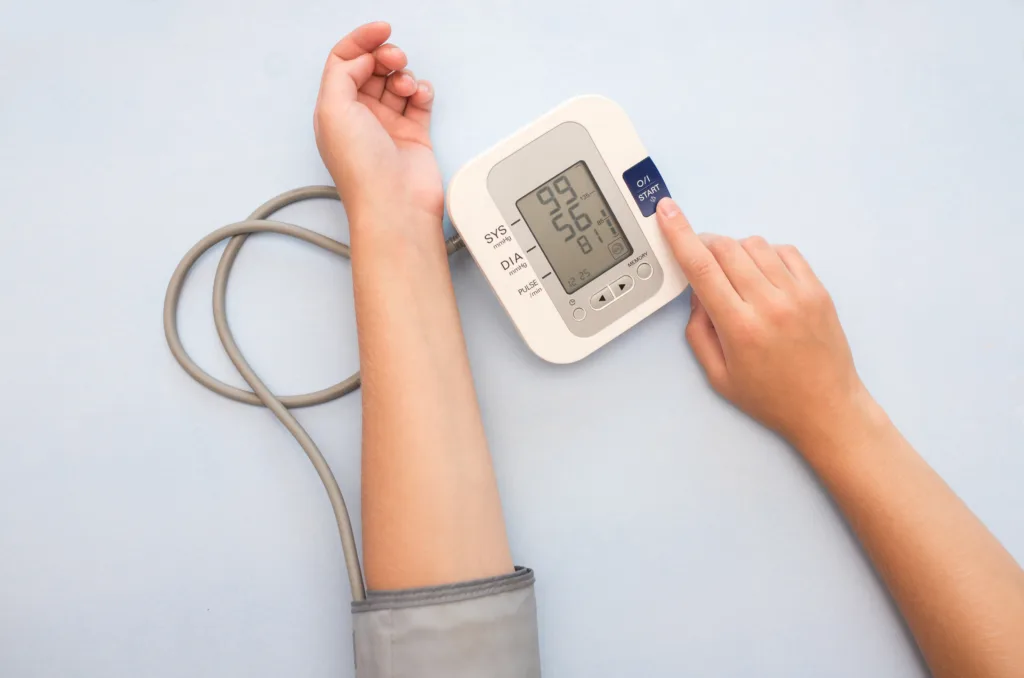


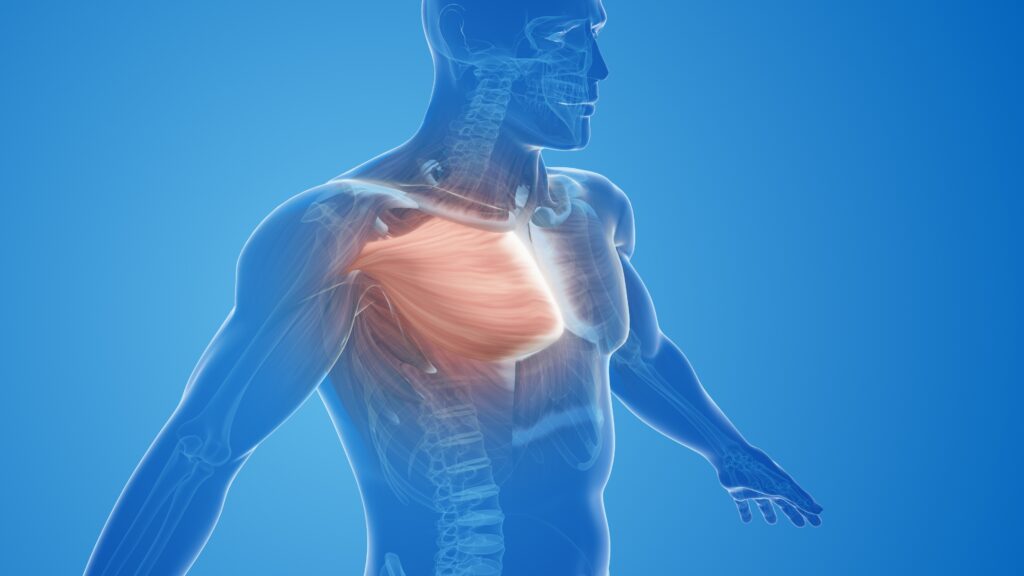
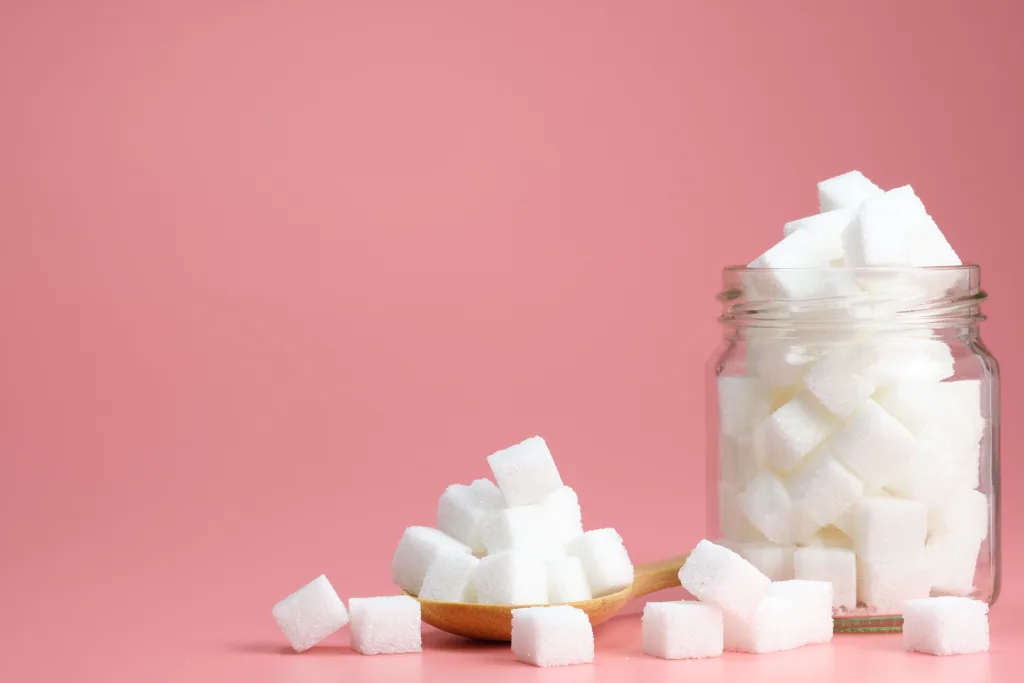




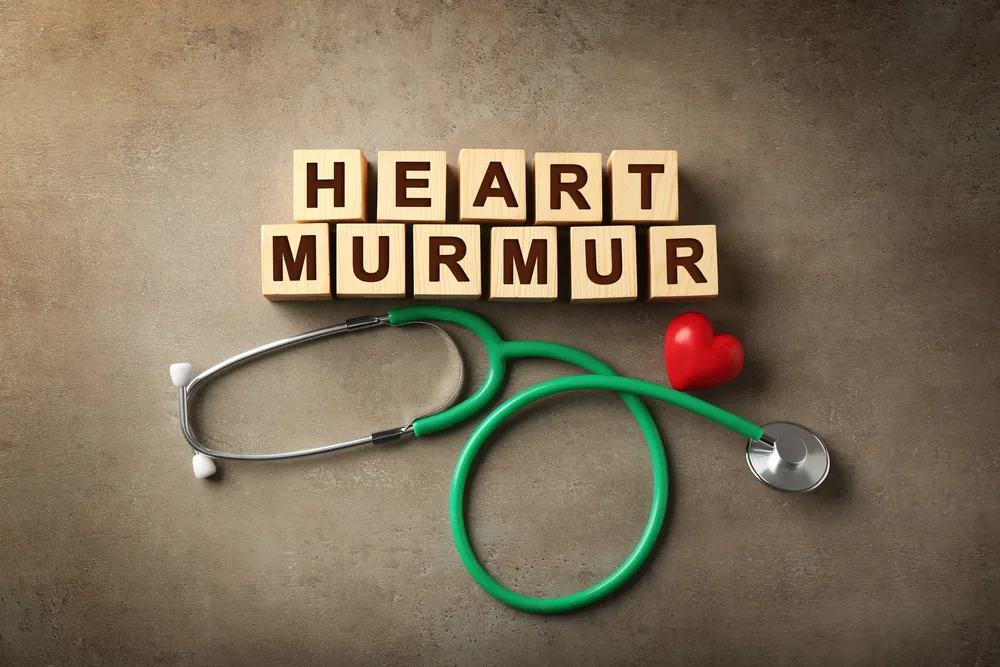
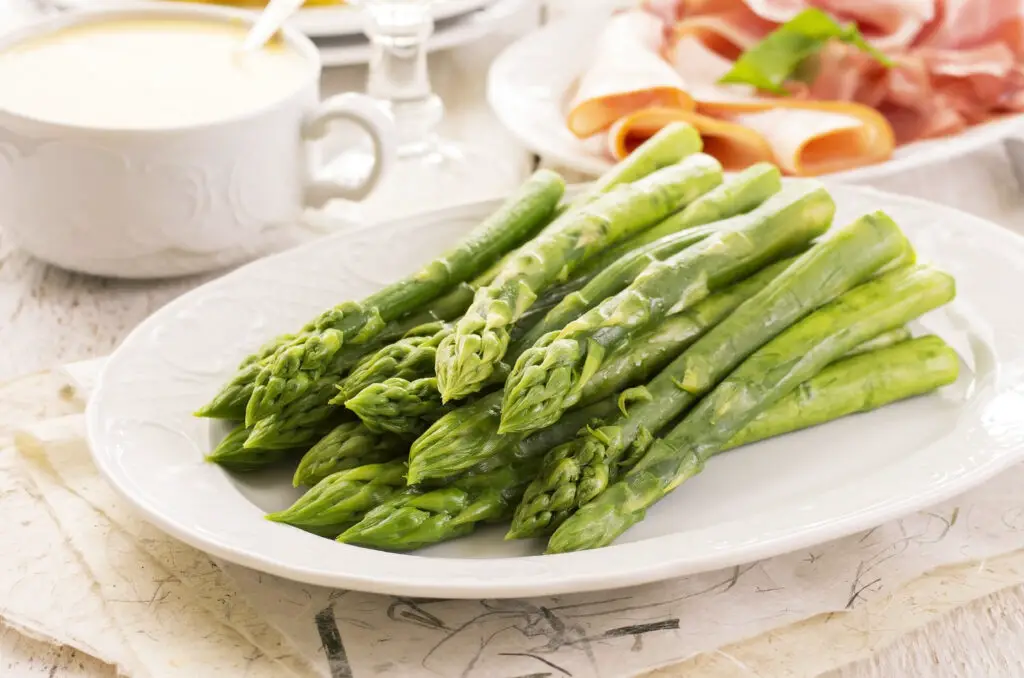
Comments
0